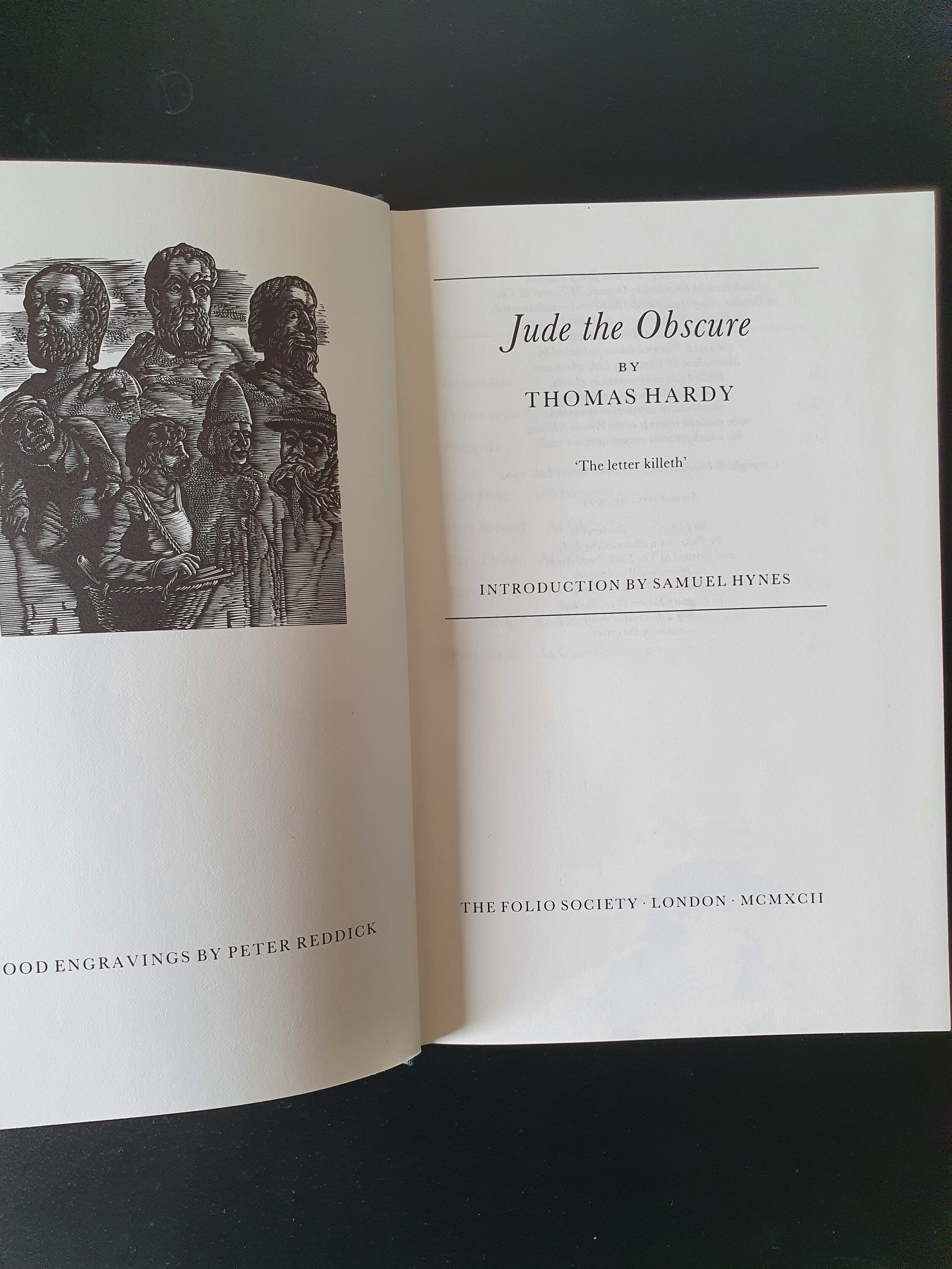


One of the few books I did not sell with the rest of my collection is Jude the Obscure by Thomas Hardy. I read this book sometime within the past ten years and enjoyed its bleakness and the exploration of unhappiness, societal oppression, and other issues enough to believe I would give it a second reading. That time has come, sooner than I imagined, but with the added pleasure of having the book read to me. So, I can enjoy the pleasure of Hardy’s narrative while puzzling away. A fine way to spend an evening. The reader is Michael Ian Black and he presents his reading with commentary through his podcast, Obscure. I found it through Pocket Casts but I am sure it is widely available. It’s kind of like a mini book club, but from the comfort of my home and enhanced with a glass of wine. Thanks Michael Ian Black!









